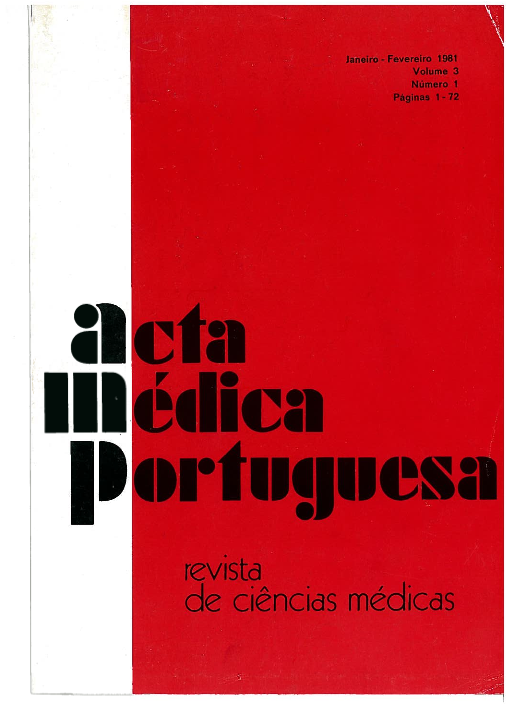Prevalence of left bundle branch block in women with ischemic heart disease.
DOI:
https://doi.org/10.20344/amp.3867Abstract
The controversy about the sex distribution in Left Bundle Branch Block (LBBB) led us to study what occurred in 56 hospitalized patients affected by LBBB and ischemic heart disease (IHD). In the group of acute myocardial infarction (AMI), 26 patients, with a high incidence of pump faiture (73%) an a mortality of 33%, the male/female (M/F) ratio was clearly reduced in relation to the global AMI M/F ratio (1.9:1 against 3.5:1). In the group without AMI, there was a female predominance and, namely in cases with unstable angina, the M/F ratio was reversed (1:2 against 2:1 in the general group with unstable angina). Hypertension did not seem responsible for the absence of male prevalence in patients with IHD. The reasons of this phenomenon - the relative female prevalence of LBBB in patients with AMI, and the absolute female predominance in cases without AMI - seem to be obscure at the moment. It is possible that, for the majority of patients with JHD and LBBB, LBBB does not have a simple etiology. The hypothesis of the coexistence of IHD with a primary degenerative disease of the conduction system is admitted.
Downloads
Downloads
How to Cite
Issue
Section
License
All the articles published in the AMP are open access and comply with the requirements of funding agencies or academic institutions. The AMP is governed by the terms of the Creative Commons ‘Attribution – Non-Commercial Use - (CC-BY-NC)’ license, regarding the use by third parties.
It is the author’s responsibility to obtain approval for the reproduction of figures, tables, etc. from other publications.
Upon acceptance of an article for publication, the authors will be asked to complete the ICMJE “Copyright Liability and Copyright Sharing Statement “(http://www.actamedicaportuguesa.com/info/AMP-NormasPublicacao.pdf) and the “Declaration of Potential Conflicts of Interest” (http:// www.icmje.org/conflicts-of-interest). An e-mail will be sent to the corresponding author to acknowledge receipt of the manuscript.
After publication, the authors are authorised to make their articles available in repositories of their institutions of origin, as long as they always mention where they were published and according to the Creative Commons license.









